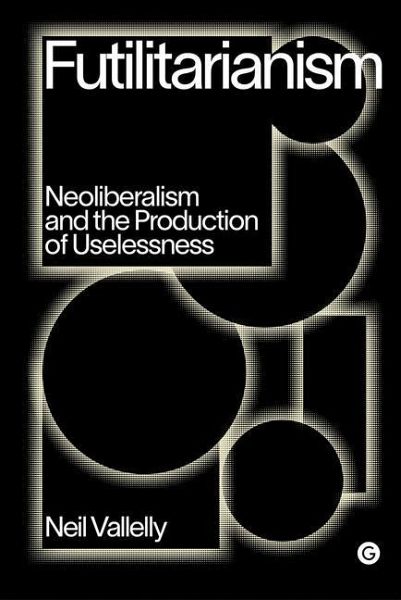
Futilitarianism
Neoliberalism and the Production of Uselessness

PAYBACK Punkte
18 °P sammeln!
"If maximizing utility leads to the greatest happiness of the greatest number of people, as utilitarianism has always proposed, then why is it that as many of us currently maximize our utility--by working endlessly, undertaking further education and training, relentlessly marketing and selling ourselves--we are met with the steady worsening of collective social and economic conditions? In Futilitarianism, social and political theorist Neil Vallelly eloquently tells the story of how neoliberalism transformed the relationship between utility maximisation and the common good. Drawing on a vast ar...
"If maximizing utility leads to the greatest happiness of the greatest number of people, as utilitarianism has always proposed, then why is it that as many of us currently maximize our utility--by working endlessly, undertaking further education and training, relentlessly marketing and selling ourselves--we are met with the steady worsening of collective social and economic conditions? In Futilitarianism, social and political theorist Neil Vallelly eloquently tells the story of how neoliberalism transformed the relationship between utility maximisation and the common good. Drawing on a vast array of contemporary examples, from self-help literature and marketing jargon to political speeches and governmental responses to the COVID-19 pandemic, Vallelly coins several terms--including "the futilitarian condition," "homo futilitus," and "semio-futility"--to demonstrate that in the neoliberal decades, the practice of utility maximisation traps us in useless and repetitive behaviors that foreclose the possibility of collective happiness. This urgent and provocative book chimes with the mood of the time by at once mapping the historical relationship between utilitarianism and capitalism, developing an original framework for understanding neoliberalism, and recounting the lived experience of uselessness in the early twenty-first century. At a time of epoch-defining disasters, from climate emergencies to deadly pandemics, countering the futility of neoliberal existence is essential to building an egalitarian, sustainable, and hopeful future."--



